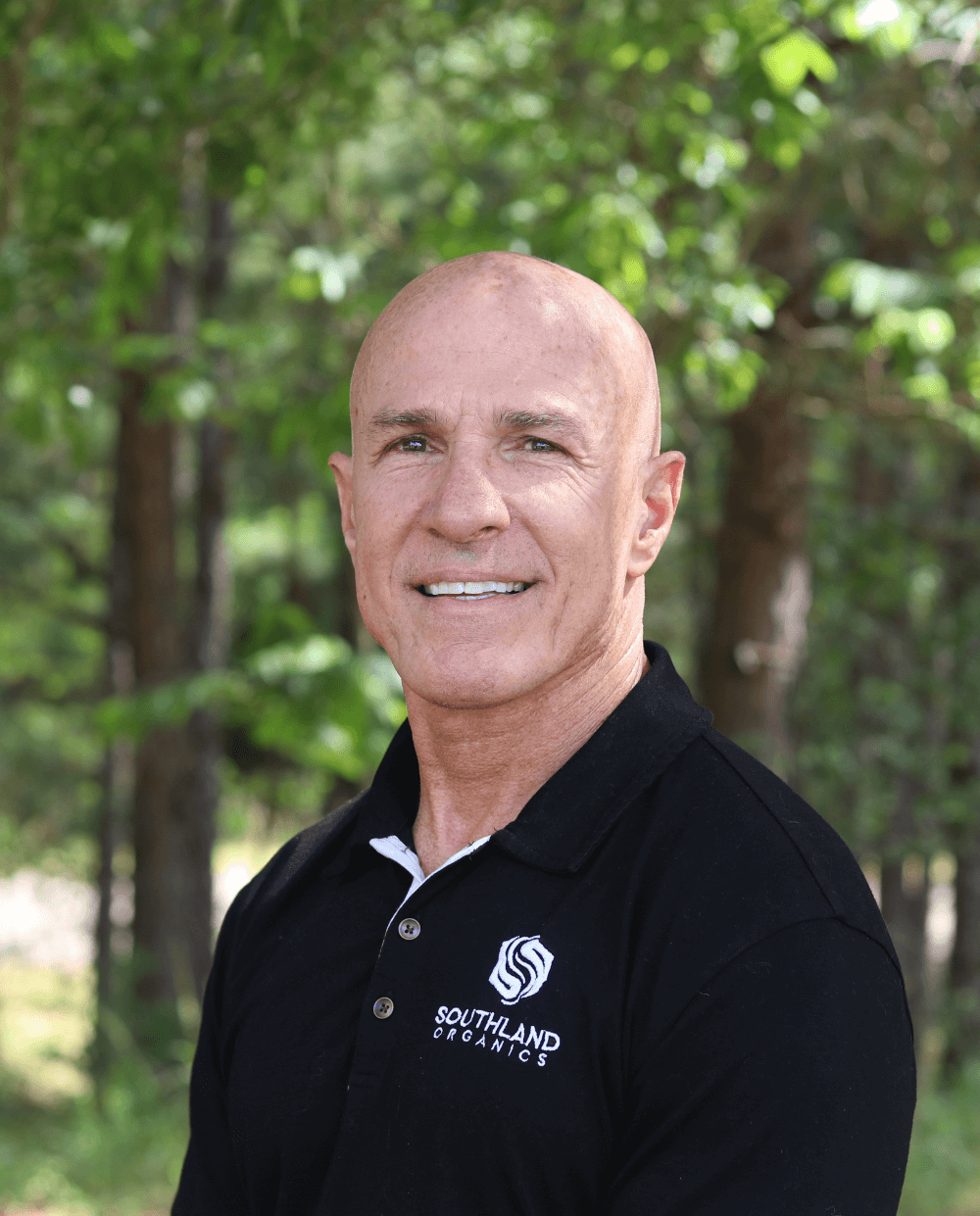Most of the time, our Poultry Biosecurity tips revolve around increasing your bottom line. But what about keeping more of the money you've already earned? By taking advantage of tax credits, you can keep more of your hard-earned money, and by taking advantage of farm credits, you can even save money too.
Tax Credits for Farmers
Federal income taxes. Your farm's tax bill. Tax liability. If reading those terms made you cringe, you're not alone. But it doesn't have to be that way. For tips on farm taxes from a tax professional, check out our past videos on farm tax exemptions (our second most-watched video) and farm tax deductions.
To sum up those videos: When you're looking for help on your federal taxes, remember that you have a small business. Whatever tax benefits come with a small business, those are the tax benefits that you get. A tax professional can give you tax advice to determine specific tax credits that you're eligible for, whether that be state tax credits, a fuel tax credit, an earned income tax credit, an investment tax credit or another tax credit that offsets expenses.
Farm Credits

Your accountant probably isn't as familiar with farm credits, and that's no cause for alarm. Farm credits just aren't in their wheelhouse. But they need to be in yours!
What are farm credits?
When we say "farm credits," we're referring to the assistance, programs and initiatives that you can find on nrcs.usda.gov. The main objective of the U.S. Department of Agriculture (USDA) Natural Resources Conservation Service (NRCS) is “to help people help the land.”
The conservation agency offers both financial and technical assistance, doing everything they can to protect their five defined natural resources of soil, water, air, plants and animals. Ultimately, the USDA NRCS will give you technical assistance (tools) and financial assistance (money!) to make improvements on your farm.
NRCS Website

Since you're a small business owner, I implore you, I encourage you, I strongly suggest to you, I ask you to please go to nrcs.usda.gov. To be a responsible business owner, you need to check this out.
When you go to the NRCS website, there are a few tabs across the top, and you'll really want to pay attention to two of those tabs in particular: Getting Assistance and Programs & Initiatives.
Getting Assistance
When you go to the Getting Assistance tab, you'll see options for technical help and financial help—both to help you manage natural resources in a sustainable manner on your farm property. Through technical help, the NRCS provides knowledge and tools to conserve, maintain and restore the natural resources on farmers' land, and through financial help, they provide payments for eligible participants to make improvements on their farm. This could be everything from implementing practices to reduce soil erosion to implementing practices to reduce greenhouse gas emissions.
Programs & Initiatives
The next tab is called Programs & Initiatives. It goes into more depth on the "financial help" area, detailing all of the programs and initiatives that the NRCS will cover on your farm. Making improvements on your farm, such as energy efficiency upgrades, not only improves your operation but also saves you money. Lower energy bills are always a plus!
Essentially, these programs and initiatives are ways that the government will pay for you to make improvements on your farm. Why do they do this? Because the government sees them as benefits to them—and they will in turn be benefits to you.
Farmers.gov
In addition to the Getting Assistance and Programs & Initiatives tabs, there are two other helpful resources. One of those is located in the top right corner of the NRCS website: farmers.gov.
This USDA website covers additional opportunities for you, including loans, programs for protection and recovery from natural disasters and more.
State Offices
The other resource is also located in the top right corner of the NRCS website: State Offices. When you select your state underneath the map, it'll give you state-specific NRCS information, including the contact information for your state office.
I encourage you to reach out to your state office because they want to help you participate in their programs and get the money for your farm improvements.
Check Often
And you may tell me, well, Allen, I've been to the website and didn't see anything. My answer to that would be check again and check often! Maybe every six months or so. The NRCS is constantly adding programs, so set a reminder to check their website on a regular basis.
Plus, they don't just add programs—sometimes, they'll add even more money within a certain initiative. For example, maybe all of a sudden you could get a bigger percentage of your solar panels paid for. Maybe when you first check, they will only cover 60% of the cost, but when you check again, it's up to 90%. That may be just what you need to move forward with the improvement.
So, I encourage you to not just go to the website one time once you read this—check it often. You never know when a program or initiative will be added for an improvement you've already been thinking about. Or maybe it's an improvement that you've never considered until seeing it on the website, and it ends up making a big difference for your farm and your finances.
Contact Us
Think about these things.
Your tax benefits.
Keep your receipts.
Log your miles.
Keep track of any work clothing that you spend money on.
You know the routine.
We're in the middle of the year, but guess what? We're only a few months away from the start of tax season.
So keep records. Get them ready. Do all the tax stuff. And go to the NRCS website. Go early and go often.
If you have any questions about tax credits and farm credits, I'm probably not going be able to help you, so reach out to your tax professional, your accountant or your state office. But if you have any questions on anything else, reach out to me at allen@southlandorganics.com. Until next time, let's save your money!






